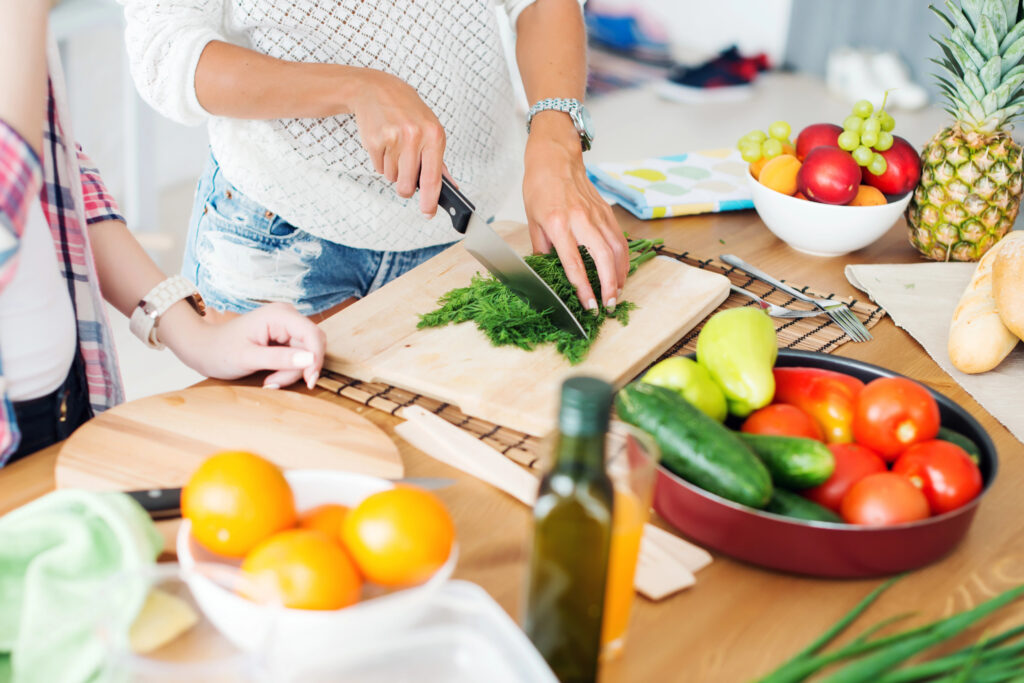It's a frustrating situation that many of us have been in: You eat a meal with friends or family, only to be hit later with the telltale symptoms of food poisoning. While it may seem strange that others aren't affected, the reality is that it's entirely possible for just one person to catch food poisoning from a contaminated dish, according to a recent article from The Huffington Post.
Emergency physician Dr. Justin Mazur explains that a common misconception when it comes to food poisoning is that everyone gets sick: “It's more common with run-of-the-mill food poisoning cases where not everyone gets sick,” he says, emphasizing the need for better public education on the issue.
Food poisoning is characterised by symptoms such as nausea, vomiting, diarrhea and fever, and occurs when food becomes contaminated with harmful viruses, bacteria or parasites. It's an unpleasant experience for everyone, but the reason why some people get sick and others remain unscathed lies in the complex interplay between an individual's immune system and the delicate balance of their gut flora.
The gut microbiome is home to trillions of microorganisms that play a vital role in digestive health and overall health. When this complex ecosystem is disrupted by contaminants in food, people with weak microbiomes are more susceptible to adverse effects.
“People with poor gut microbiomes are more susceptible to food-related illnesses,” Mazur explains. Factors such as unhealthy diets high in processed foods, refined carbohydrates, and sugar can throw the gut microbiome off balance, weakening its resistance to invading pathogens.
Conversely, a diet rich in fiber, fruits and vegetables promotes a diverse and active microbiota and is effective in preventing foodborne illnesses. Furthermore, alcohol consumption damages the microbiota, further increasing the risk of dysbiosis, an overgrowth of harmful bacteria.
Aside from an individual’s gut health, other factors such as the amount of contaminated food consumed, pre-existing medical conditions, and the strength of one’s immune system can also affect susceptibility to food poisoning.
While the experience of being the only victim in a group may feel isolating, it is a reminder of the complex interactions between our bodies and the food we ingest. In addition to following food safety preparation and storage procedures, maintaining a balanced diet and promoting a healthy gut microbiome are important steps to reducing the risk of foodborne illness.
While prevention is key, if food poisoning does occur, seeking immediate medical attention is essential, especially for vulnerable groups such as pregnant women, young children and those with weakened immune systems.
Commenting on the story, one national food safety lawyer said, “While everyone should enjoy a treat every now and then, eating a diet high in whole foods, fiber and low in processed sugars may also help prevent foodborne illnesses.”



